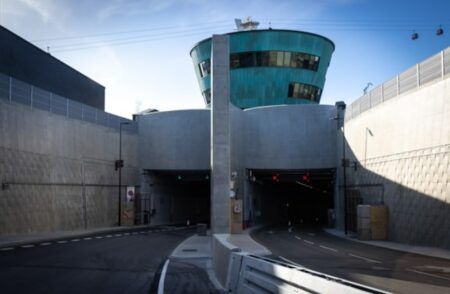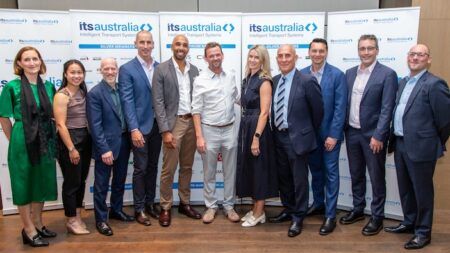The UK government has launched a competition that will provide funding for businesses that can develop innovative ways of using high-quality data to ease traffic congestion.
Traffic congestion is an increasing issue for local authorities across the UK, particularly in large urban areas where it adds to emissions and causes delays. A recent local transport report, commissioned by the Department for Transport (DfT) and undertaken by the North Highland consultancy, shows that many local authorities do not have reliable information on vehicles, cyclists and pedestrians, and much of the research they do have, has been carried out manually.
In response, the new challenge from the DfT and the Royal Borough of Greenwich is a Small Business Research Initiative (SBRI) aimed at finding innovative ways to understand and respond to traffic congestion. Funding for the competition is provided by the GovTech Catalyst.
Promoted by the Innovate UK and UK Research and Innovation (UKRI) agencies, the GovTech Congestion Challenge aims to generate creative and innovative approaches to the perennial problem of road traffic congestion.
The DfT is looking to organizations of any size to submit funding proposals that will harness data and use innovative techniques to better understand traffic movement and better manage road congestion.
Applicant projects should be able to pull together high-quality data that is easier to access and learn from than existing approaches. They should build understanding and improve responses to congestion while keeping affordability in mind.
In particular, the competition is looking for ideas that:
• Support local authorities with real-time traffic analysis, as well as longer-term strategy;
• Can be scaled up and applied to other authorities;
• Anticipate possible constraints on budget and data skills within local areas;
• Consider how existing datasets could be better used;
• Consider the possible value additional datasets could bring and how they could be used and analyzed in low-cost ways;
• Consider the types of innovative interventions that could be deployed using this improved data or analysis in order to reduce congestion;
• Consider how data could influence the behavior of motorists across the country.
The competition is likely to run in two phases, with the first phase focusing on feasibility studies, and the second phase moving to prototype development and testing.
In phase one, up to five contracts will be awarded at up to £50,000 (US$64,000) each. In the second phase, another two contracts worth up to £500,000 (US$640,000) each will be awarded to successful phase one projects that should be ready to test in a real-world environment.
Now open, the deadline for applications is September 26, with successful applicants contacted on November 16, and phase one contracts awarded on December 14. The organizers note that they will not be able to fund proposals that rely on purchasing large amounts of data from a single existing provider, or those that heavily duplicate existing initiatives.




